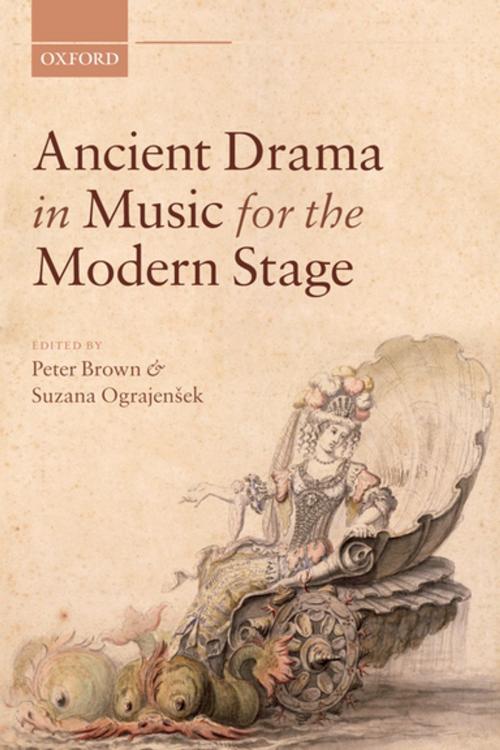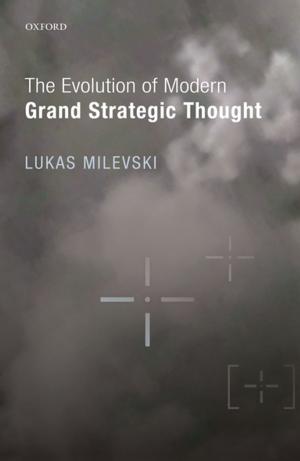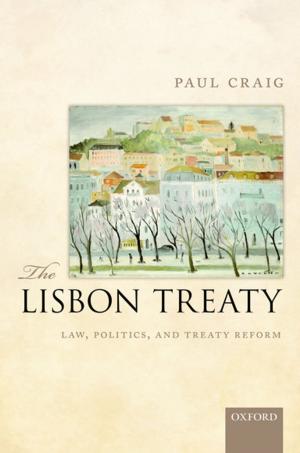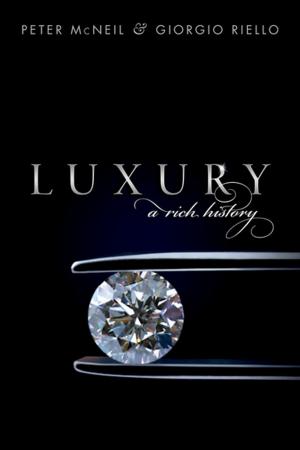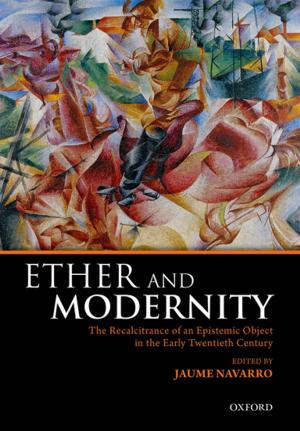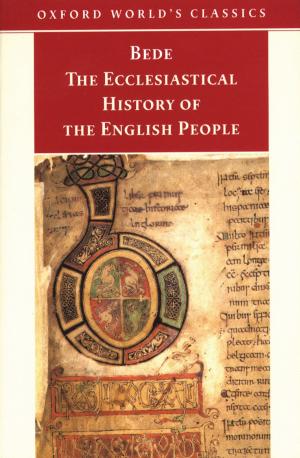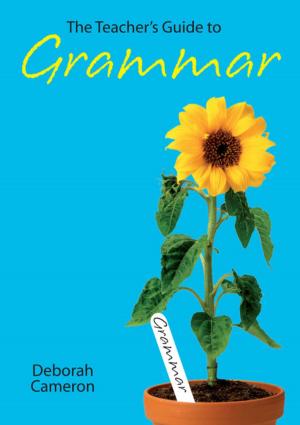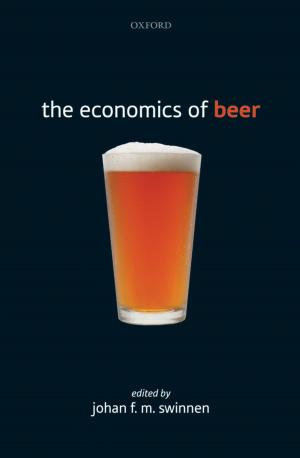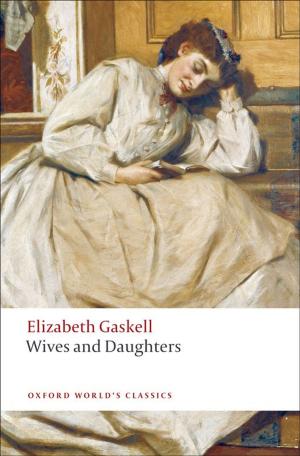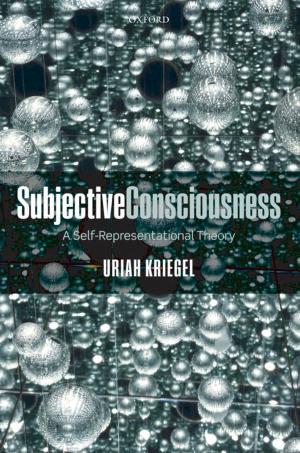Ancient Drama in Music for the Modern Stage
Nonfiction, History, Ancient History, Greece, Entertainment, Performing Arts| Author: | ISBN: | 9780191610943 | |
| Publisher: | OUP Oxford | Publication: | September 2, 2010 |
| Imprint: | OUP Oxford | Language: | English |
| Author: | |
| ISBN: | 9780191610943 |
| Publisher: | OUP Oxford |
| Publication: | September 2, 2010 |
| Imprint: | OUP Oxford |
| Language: | English |
Opera was invented at the end of the sixteenth century in imitation of the supposed style of delivery of ancient Greek tragedy, and, since then, operas based on Greek drama have been among the most important in the repertoire. This collection of essays by leading authorities in the fields of Classics, Musicology, Dance Studies, English Literature, Modern Languages, and Theatre Studies provides an exceptionally wide-ranging and detailed overview of the relationship between the two genres. Since tragedies have played a much larger part than comedies in this branch of operatic history, the volume mostly concentrates on the tragic repertoire, but a chapter on musical versions of Aristophanes' Lysistrata is included, as well as discussions of incidental music, a very important part of the musical reception of ancient drama, from Andrea Gabrieli in 1585 to Harrison Birtwistle and Judith Weir in the late twentieth and early twenty-first centuries.
Opera was invented at the end of the sixteenth century in imitation of the supposed style of delivery of ancient Greek tragedy, and, since then, operas based on Greek drama have been among the most important in the repertoire. This collection of essays by leading authorities in the fields of Classics, Musicology, Dance Studies, English Literature, Modern Languages, and Theatre Studies provides an exceptionally wide-ranging and detailed overview of the relationship between the two genres. Since tragedies have played a much larger part than comedies in this branch of operatic history, the volume mostly concentrates on the tragic repertoire, but a chapter on musical versions of Aristophanes' Lysistrata is included, as well as discussions of incidental music, a very important part of the musical reception of ancient drama, from Andrea Gabrieli in 1585 to Harrison Birtwistle and Judith Weir in the late twentieth and early twenty-first centuries.
